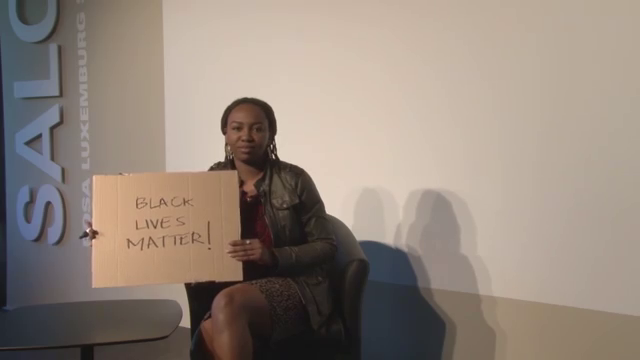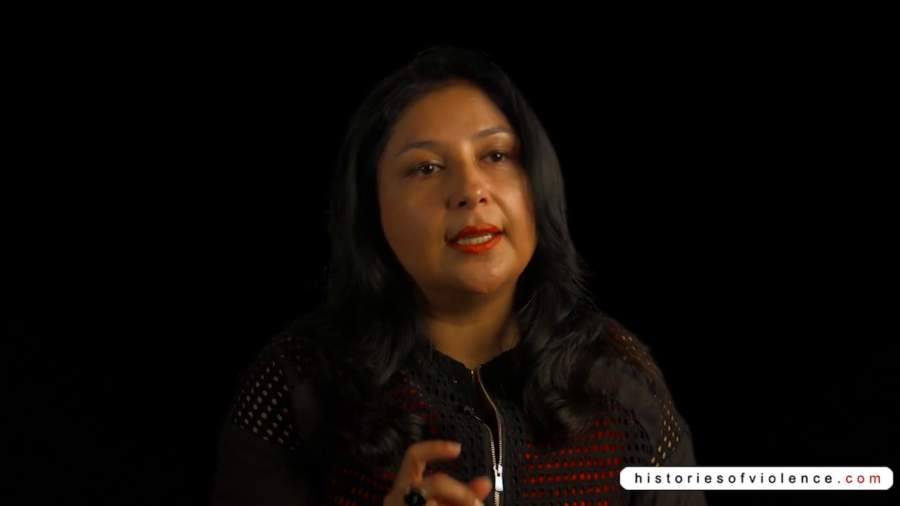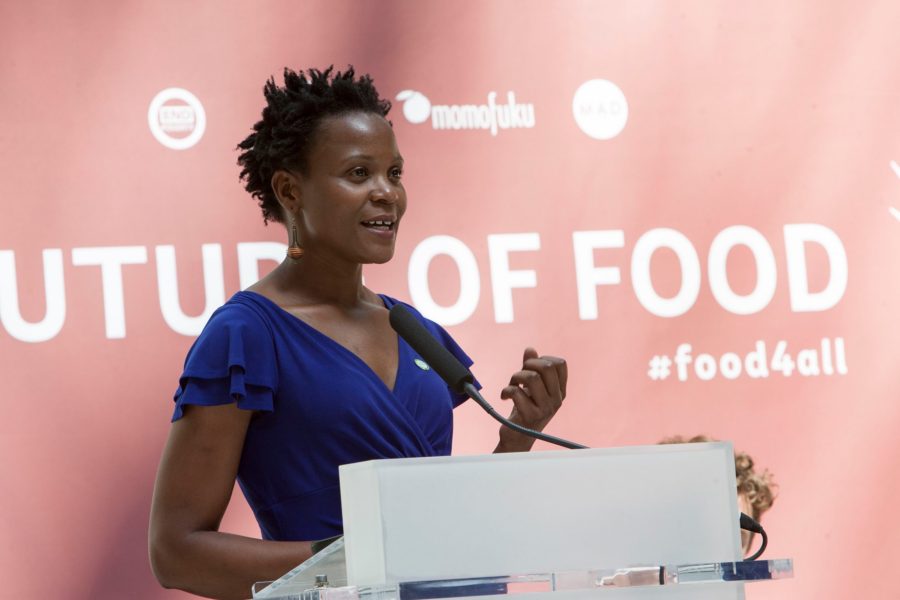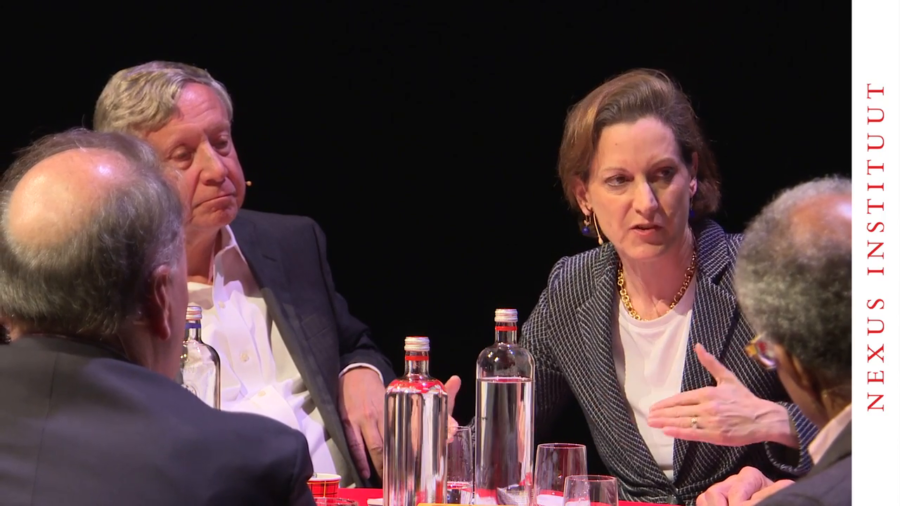Americans have always accepted a degree of inequality, inequality of outcomes. What seems to have changed in recent years, or at least in people’s perception of it, is…that there seems to be growing inequality of starting place.
Archive (Page 1 of 2)

There’s a lot going on in the United States, right. So there’s a legacy of structural racism that’s been impacting Black communities in the United States ever since we were kidnapped from Africa and brought to the United States. And so what we’re seeing today is actually a continuation of the racist policies and practices of the United States. We’re seeing state-sanctioned violence with impunity on black people.
As a person who’s been criminalized and arrested for the sole act of being poor in the US, it’s probably something I’m always walking with, speaking on, and trying to effectively change just by…in some ways not so much raising awareness, which seems very passive to be, but more about sparking people’s understanding and change.

I think what is particularly striking about the question of disposable lives in the 21st century is what seems to be a new global common sense about poverty, the ways in which poverty and particularly poor others have become visible. And how that in turn, particularly for millennials in the Global North—college students, young professionals, so-called ordinary global citizens of the world—how this has mobilized them to action.
People think that the Civil Rights Movement and all big epochal movements involve conscience, and they do. They also involve consciousness. I mean, you can’t struggle against what you’re unaware off, right? The Klan as the iconic carriers of violence, the Bull Connor of the iconic southern white male resistance, George Wallace the iconic neopopulist racist. You know, these were historic figures in myth and reality. But we wouldn’t get to what they represented till much later.
There are biologists who’ve spent their careers working on some species of beetle in the tropical rainforest, and they just love the rainforest in their bones And they feel that when they go testify in Congress to some committee, that they can’t just say, “I love it in my bones and you guys will love it too, if you share it with me.” They have to say, “Oh, we’ve done all this math and computed that there’s an ecosystem service here.” And I think that that has really impoverished our debate about environmental issues.

When I learned to farm mushrooms, I discovered to grow mushrooms you use agricultural waste that is available to all the poor families in any any place we can say this is a struggling country. As long as they practice some form of agriculture, they will have this kind of waste material.
Much of class and isolation and pulling away is this sort of illusion that somehow we can be apart from the suffering that is in our midst. And that’s a myth. The social isolation that many people in the one percent experience is a wound.
We don’t have a concept of balance. Not only do we not have a concept of balance, but we have a very distorted sense of social justice that has been reframed to justify a society that is fundamentally anchored around the concept of imbalance. The resources of the world cluster toward a handful of very very powerful countries, one country having an even greater share. In order to justify this greater share, it’s made them believe that this higher concentration of power is normal, and that anybody in all countries can have it, and that all countries should aspire for it.
My thinking is how do we design systems that provide for every aspect of our humanity? How do we design a city that cares for all of our needs? You know it’s not just thinking about shelter, but it’s thinking about our food and our air and so, obviously the types of industry we have are very different, because we have to make sure that our air and our water is clean. And that our food is readily available, and that we have spaces for contemplation and reflection. And that we have places for communing with each other.

